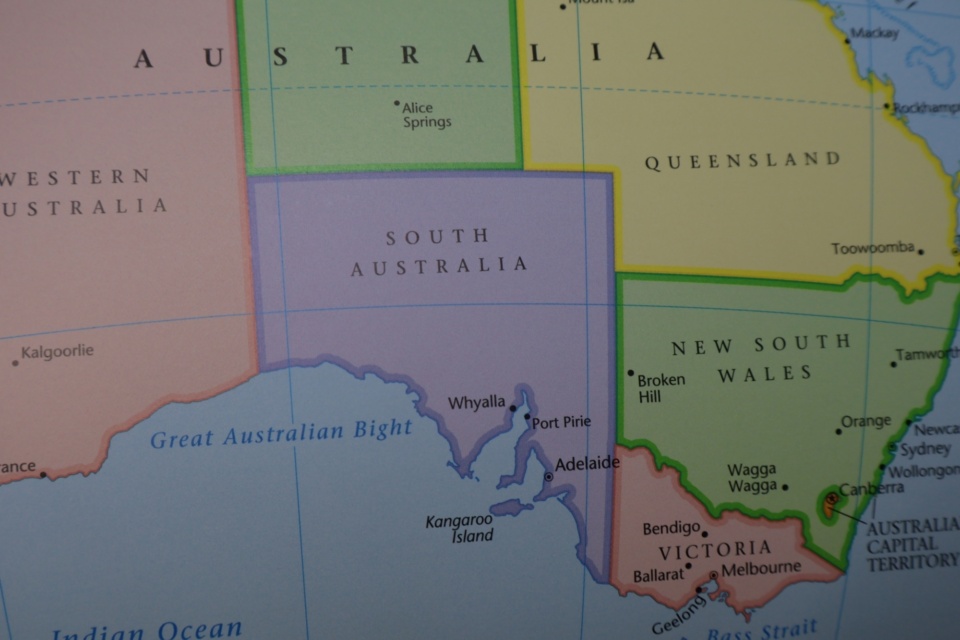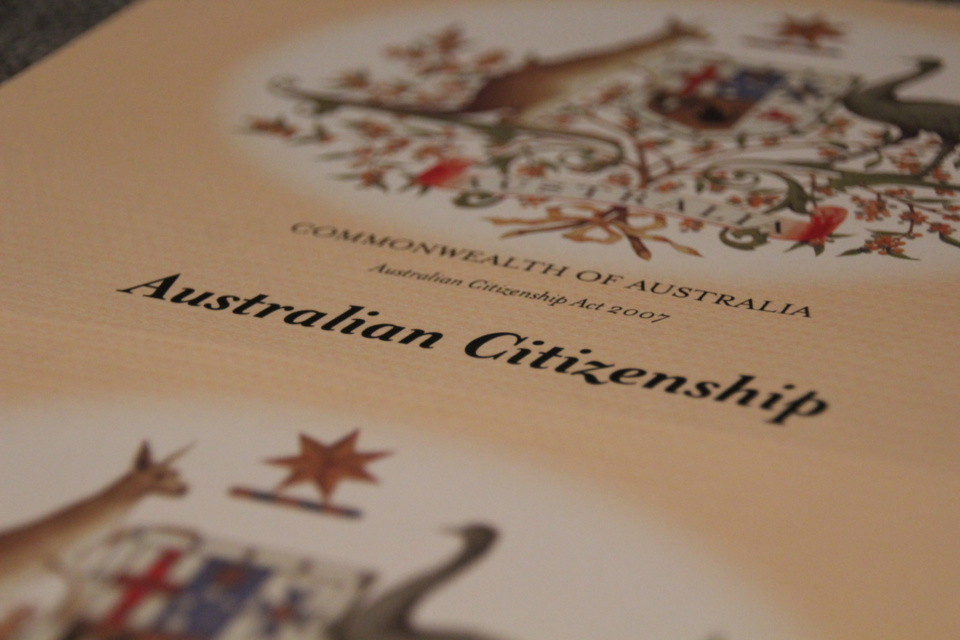
One Nation’s chances as a dominant conservative party are piñata-like
Posted on 11 Feb 2026
Opinions polls insist Pauline Hanson's fortunes are on the rise, but it is likely that enthusiasm…
Posted on 17 Dec 2024
By Denis Moriarty

This Christmas, Our Community group managing director Denis Moriarty is challenging all Australians to lift their giving game.
You know the footnote that appears on every receipt you’ve ever received for a donation to charity? I’m talking about the one that says “Donations $2 and over are tax deductible.”
Well, the federal government has just dropped that minimum amount from two dollars to one cent, on the recommendation of the Productivity Commission. This will, it feels, encourage more Australians to give to charity (and the government has set a goal of doubling Australian philanthropy by 2030).
The thing is, I can’t see it working. What’s more, I’m afraid there’s a perceptible downside.
You only get the tax break if you’ve kept your records (checkout receipts, say, if you’ve rounded up your grocery bill and donated the rounding).
This means that the new change is appealing to the income group that’s both (a) not particularly worried about rounding up their bill by 20 cents and (b) penny-pinching enough to want to record a 20 cent deduction that will reduce their tax liability by a snappy 7 cents.
Based on how long it takes me to organise my own taxes, that would see me donating about $1.50 for an hour of record-keeping work. I can’t see that generating a tidal wave of donations to Australia’s charities.
Thank heavens, because if this provision did bring in thousands of dollars, or hundreds of thousands, or millions of 20-cent donations, many charities would go broke. They’d lose money on accounting costs. They probably lose money on $2 donations now; you’ll have noticed that people who used to rattle tins for your coins are these days seated behind tables in the mall trying to sign you up to donate by direct debit.
So the change won’t bring in much more money. And it could make things worse.
Australians, as individual citizens, have a high opinion of their own virtue. Seen from the inside, we’re brave, smart, sexy and generous and have an excellent sense of humour.
Most of our mental operations consist of shuffling life’s inputs to prop up this vision. Specifically, if we’re told that $2 is a gift that justifies getting the government involved then we may see that as meeting our obligations to our community.
If the government is getting all excited about 20 cents, that’s the new normal.
"If you want to think yourself generous, that has to involve giving an amount representing some kind of a sacrifice, something that involves a moment’s pause to calculate."
When the charitable deduction level was brought in in 1915 it was set at £20, or about $2,500 today – a bit on the high side. In 1927 that was cut to a more reasonable £1, still $98 today. That’s a figure that at least takes charitable giving seriously.
If you want to think yourself generous, that has to involve giving an amount representing some kind of a sacrifice, something that involves a moment’s pause to calculate. I would have supported lifting the threshold from $2 to at least $50.

Australians tend to count into their donations history a number of things that don’t really qualify – raffle tickets, fundraising dinners, even trays of chocolate crackles at the school fete. The charity gets something, but so does the ‘donor’.
The tax office doesn’t allow this, nor should it. If you take these ‘donations’ out of the national equation, though, Australia’s donation rate isn’t anything to write home about, and it’s been going down for quite a while.
In 2006, 36% of Australians made tax-deductible donations. In 2022, 29% did. That’s a drop of nearly 20% in 16 years. Forget about doubling philanthropy; holding steady would be wonderful. What we’re fighting, though, is the backdrop of noise about the cost-of-living crisis – a discourse that homogenises rich and poor alike into a common doing-it-tough vibe that licenses each of us to care only about ourselves and our immediate families.
By the standards of any other era in history, today’s Australians live like nobles, or (going back a little further) kings, or (by ancient Roman standards) gods.
Below the poverty line, life is still harsh. For at least 60% of the population, though, there’s a good margin of cash to spare, and more of that should be shared. If your costs have gone up, so have those of the not-for-profits fighting to make the kind of world you want to live in. This Christmas, lift your giving game.
Denis Moriarty is group managing director of OurCommunity.com.au, a social enterprise that helps the country’s 600,000 not-for-profits and hosts giving platform GiveNow.com.au
We're proud to take a stand on progressive issues. Here's a taste of our commentary.

Posted on 11 Feb 2026
Opinions polls insist Pauline Hanson's fortunes are on the rise, but it is likely that enthusiasm…

Posted on 28 Jan 2026
This year’s Adelaide Writers’ Week began with the cancellation of a talk by Palestinian-Australian…

Posted on 17 Dec 2025
Posturing by the US president about Europe's immigration policies, even warnings of future…

Posted on 03 Dec 2025
If you wanted an example of the problems inherent in federal systems, you couldn’t do better than…

Posted on 19 Nov 2025
When it comes to loyalty to car brands, it can be confusing who we should support, and, even more…

Posted on 05 Nov 2025
Before the Prime Minister gets too excited about his recent meeting with the American President, he…

Posted on 14 Oct 2025
The idea of "long term" is not something that sits well in the social media era, yet governments…

Posted on 30 Sep 2025
I am proud of what Our Community, and its exceptional team, have achieved in the past 25 years. As…

Posted on 16 Sep 2025
Happy Australian Citizenship Day! To mark the occasion, Our Community leader Denis Moriarty takes…

Posted on 02 Sep 2025
Words live, evolve, and sometimes die. Some words are invented from scratch, some are old words…

Posted on 26 Aug 2025
The cost of the National Disability Insurance Scheme (NDIS) is climbing relentlessly – $44 billion…

Posted on 04 Aug 2025
The new leader of the Liberal Party, Sussan Ley, wants to increase the proportion of women…